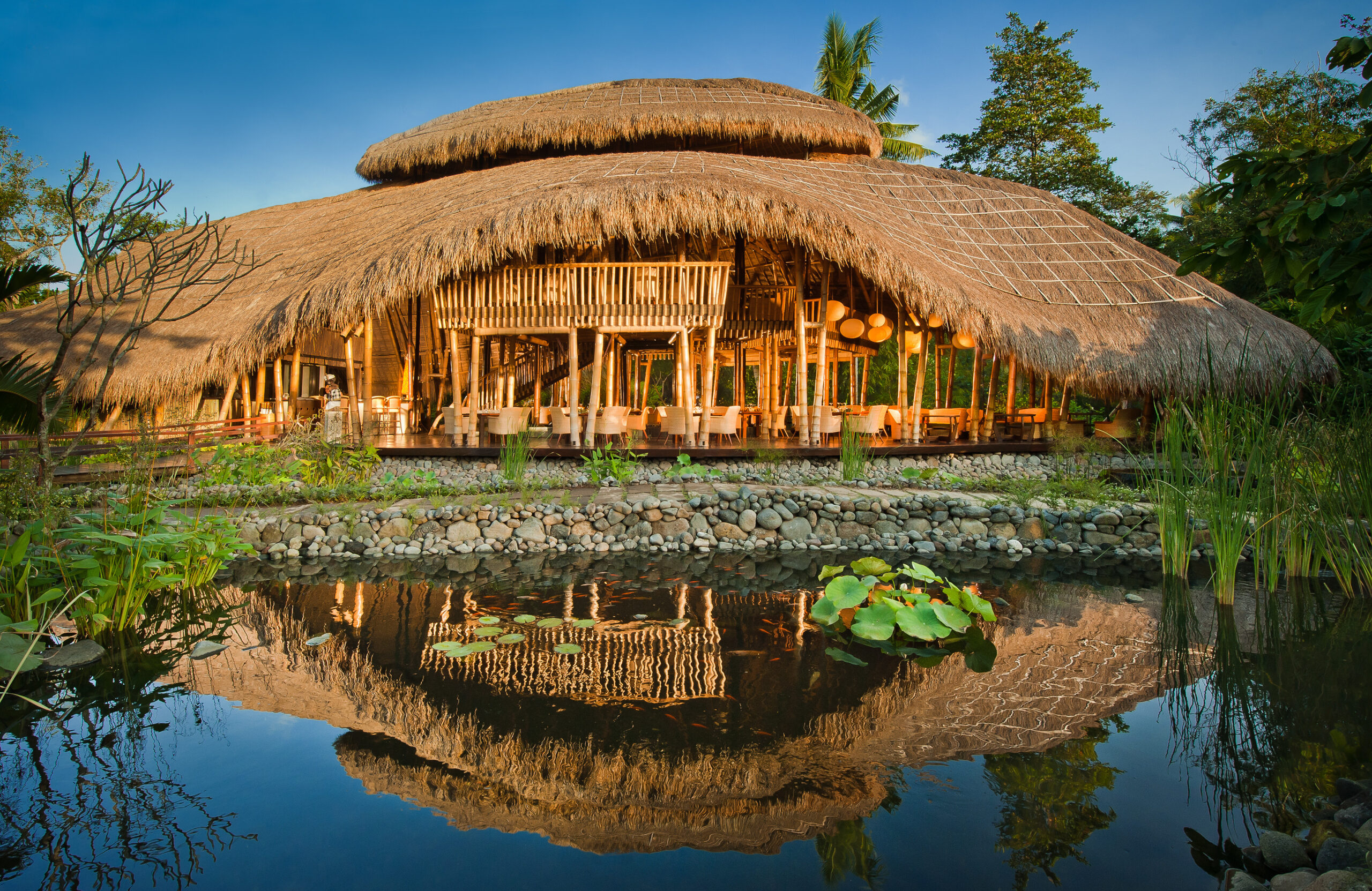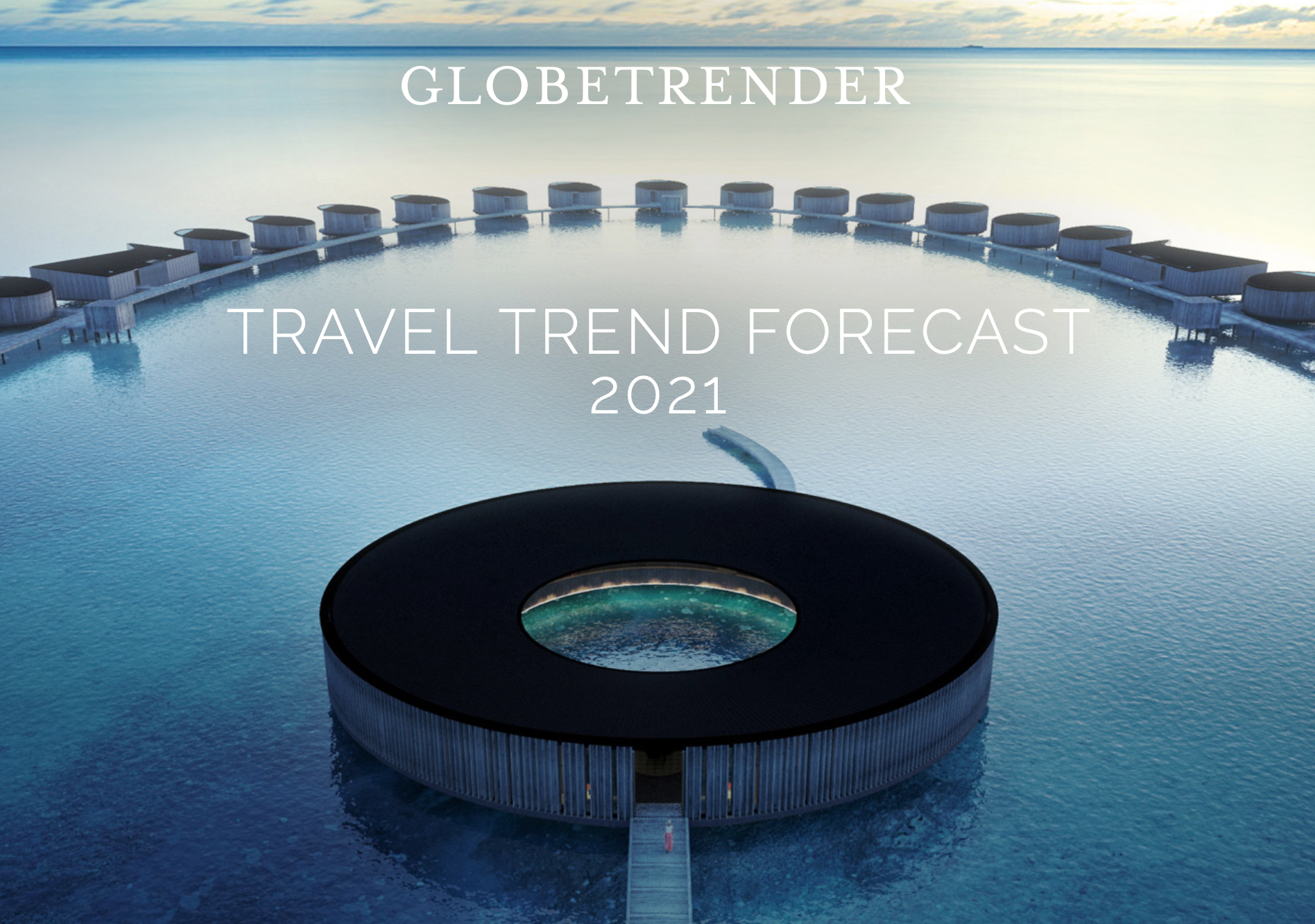In a webinar hosted by Regenerative Travel, Globetrender joins a panel of experts to discuss whether or not we are on the cusp of a more ethical and planet-friendly travel industry. Rose Dykins reports
At the end of last year, Globetrender’s editor Jenny Southan took part in Regenerative Shift, a webinar series hosted by Regenerative Travel, where speakers discuss solutions to climate change centred around “regenerative thinking”.
Up for discussion in this session (click the button on the image above to watch the recording), was how travel companies are adapting and innovating in light of new trends that are forming.
The other speakers taking part were Jeremy Smith, co-founder of Tourism Declares a Climate Emergency; Pavia Rosati, founder and CEO of Fathom; and Serena Guen, founder of Suitcase magazine.
Post-pandemic priorities – thoughtful, informed, sustainable trips
When considering the impact of travel, thoughts often turn to the negatives (carbon footprints, overtourism, over-consumption). A key thread of the the webinar was how the pandemic has sparked a heightened awareness of how our actions affect others – and how there can be just as much scope for positive impact if we can envision it.
“One of the things the pandemic has taught us is how interconnected we are and how our impact affects so many other things – and, if the impact can be negative, it means it can also be positive,” said Rosati.
“It means that being responsible to other people around you and taking care of your surroundings as you do with yourself. Whether we’ve all learnt that lesson entirely, I certainly hope so. But I do think that is a really strong consequence of the pandemic: putting more thought into the travel decisions that you’re making.”
Travel companies have a real opportunity to create a new blueprint for travel that taps into this renewed awareness, so that their products have a direct positive impact – laying the foundations for a regenerative travel industry that nurtures people and planet, rather than consuming resources.
Guen echoed this: “For a lot of people that saw travel as a throwaway thing, it’s now being seen as a luxury again. That means that people will be thinking about spending their money and where it’s going – especially people who didn’t think about those things before.”
She added: “I’m quite excited about this domestic travel trend and I really hope it’s something that is going to stay. I just think it’s so good for local economies, and it’s really great for the climate.”

Overcoming eco-jargon and looking beyond carbon off-setting
Smith said sustainable travel options should be standard practice – not just on hand for customers who ask for them – and that travel agents and advisors have a real opportunity to close the loop between what travellers want and the positive actions companies are taking.
“It’s a standard response to say: ‘When the consumer demands it we will deliver it… but increasingly we see in the destinations we love, cherish and visit are suffering enormously under the climate emergency.”
He added: “If someone thinks they’re not interested in sustainability because the world sustainability is a jargon-loaded turn-off – which, it is – then talk to them in a language that resonates. The opportunity for the travel agent is to make the connection between what it is that responsible hosts and travel companies do… and what someone wanting two weeks of rest or adventure is looking for.”
When discussing carbon offsetting, Smith said it was a “stop gap at best”, clarifying: “I don’t have a problem if a company or an individual has worked out their current responsibility for carbon emissions are and done whatever they can to reduce them.
“I don’t consider [it] an off-set that sort of wipes it away. People are moving towards carbon capture and carbon draw-down, rather than saying: ‘I will plant some trees over here while making a mess down there.’ We need to reduce global emissions in half by 2030 – and that doesn’t mean we can carry on increasing emissions while planting enough trees to balance it out in the next nine years.”
From ‘exaggerated experiences’ to meaningful luxury
Rosati touched upon how the pandemic may have moved the concept of luxury travel beyond the pre-Covid preoccupation with “wow factor” experiences.
“We had been reaching a point in luxury where it was almost becoming this exaggerated cannon of ‘doing’ and of experiences,” she said. “We’d talk about “wow” moments, and: ‘How do I stun the customer into loyalty?’ And it’s through an exaggerated amenity kit [and gestures of] overwhelming thoughtfulness.”
She asked: “Do we really need these exaggerated moments of luxury, or are these an excuse for consumption that I don’t really need, that aren’t going to have any kind of lasting impact on me? Is there a way we can incorporate travel into our lives when we’re at home? Because it gives us a sense of global awareness, it give us a sense of our place in the world.”
Southan highlighted how peoples changing travel patterns in 2020 would suggest that for many people, the chance to escape and immerse oneself in nature has become a luxury – as reflected in the trend for “Wilderness Seeking” Globetrender reported on in 2020.
“There are lots of other companies tapping into the glamping trend but it’s quite appealing not to have to rough it at the same time, so ‘Canvas Communes’ is one of the trends featuring in our 2021 Forecast,” she said.
Canvas Communes is one of 15 key trends explored in depth by Globetrender in its 2021 Travel Trend Forecast, which seeks to define the near future of global tourism.
What’s coming next? Trend reports available to download HERE

